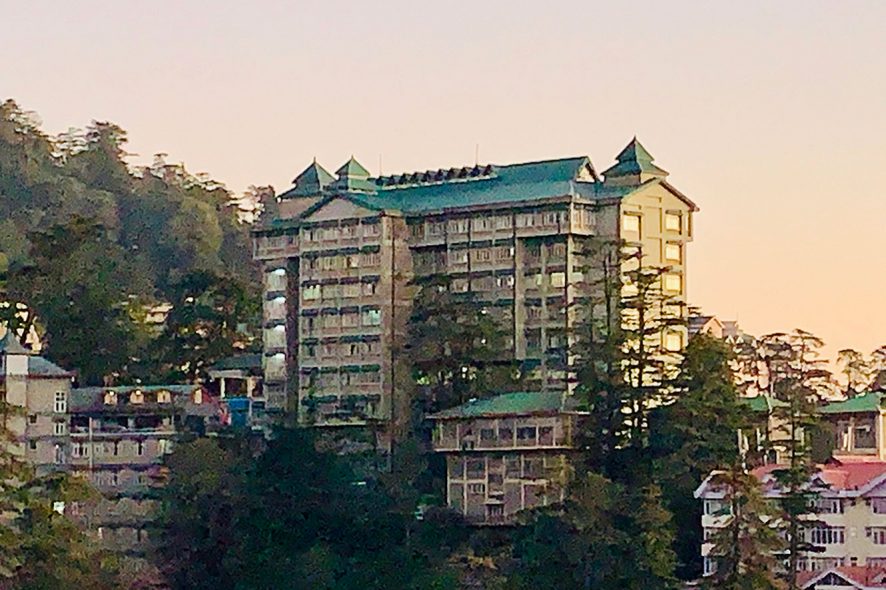Himachal Pradesh High Court: Sandeep Sharma, J., allowed an appeal which questioned the legality of the Order passed by the Motor Accident Claims Tribunal, H.P. where they dismissed the application of the appellants stating that it was not maintainable as they had failed to demonstrate that the income of the deceased Kishan Singh was not less than the maximum limit of Rs 40,000 per annum.
The issue placed before the Tribunal was, “Whether the petitioners (successors-in-interest of deceased who was employed by the respondent) were entitled to claim compensation in the sum of Rs 15,00,000 along with interest from the respondents jointly and/or severally on account of the death of the deceased in the accident in question as alleged?” The Tribunal held that since the income of the deceased was exceeding the maximum limit of Rs 40,000 per annum which is a maximum limit to maintain a petition under Section 163-A of MV Act, the petition so filed by the petitioners in view of the ration was not maintainable.
The appellants argued that de hors the fact as to whether the income of the deceased is Rs 40,000 or more per annum, once the claim petition has been filed by the claimant, maybe under Section 163-A of the Motor Vehicles Act, the same has to be decided by the Tribunal on merit and the claim petition cannot be thrown out on flimsy grounds of income.
Division Bench of Himachal Pradesh High Court in Oriental Insurance Co. Ltd. v. Sihnu Ram, 2016 SCC OnLine HP 2224 held that once the jurisdiction of the Claims Tribunal has been invoked and during trial evidence has come to the effect that the accident was outcome of rash and negligent act and income of the victim was more than Rs 40,000, the petition under Section 163-A of the Motor Vehicles Act cannot be dismissed. They further held that the mandate of Section 163-A of the Motor Vehicles Act is to provide compensation ‘On Structured formula Basis’ and was not an interim measure. Once it is granted, the victims cannot file a claim petition under Section 166 of the MV Act for grant of enhanced compensation. But, in case the Claims Tribunal comes to the conclusion that the income of the victim is more than Rs 40,000 per annum, it is not supposed to dismiss the claim petition. If the claim petition is dismissed on this ground then the aim, purpose and object of Sections 158(6), 163-A and 166(4) of the Motor Vehicles Act would be defeated.
The High Court concurred with the decision and allowed the appeal of the appellants. They quashed and set aside the award passed by the Motor Accident Claims Tribunal and remanded the matter back to them directing them to decide the claim petition afresh on merit, on the basis of evidence on record, after affording the parties reasonable opportunity(s) to put forth their respective contentions. [Neema v. Sohan Singh, 2019 SCC OnLine HP 1805, decided on 31-10-2019]







